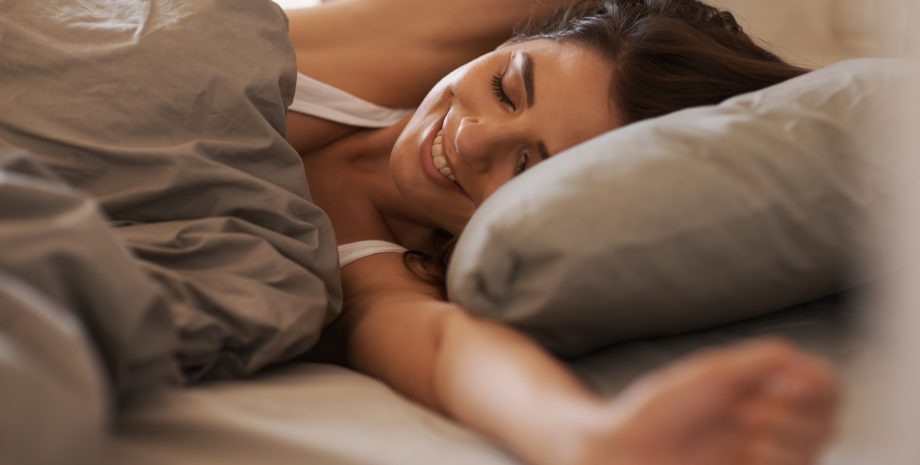

But chronic insomnia is no joke. It can increase your risk of diabetes, asthma, heart attack, stroke, and other serious medical conditions. It can aggravate anxiety and depression. And it can even shorten your life.
Doctors and mental health professionals caution against relying on sleep medication to get your Zs. The side effects can range from irritating to dangerous. It’s also easy to become dependent on a drug or develop a tolerance (when the same dosage no longer has as much of an effect).
Tips for Better Sleep
Everybody’s insomnia situation is a bit different. But here are a few tips to get better sleep without the use of sleep medication:
- Avoid electronics at night. And if possible, keep your phone or other devices out of the room you’re sleeping in.
- Keep cool. For most people, cooler (but not cold) seems to be better for sleep. Sleep in loose-fitting clothes, avoid using blankets that are too warm, and turn down the thermostat at night if you need to.
- Exercise. Getting regular exercise and expending energy during the day will help you get to sleep and stay asleep at night.
- Get plenty of natural light during the day. Your exposure to daylight is what sets your circadian rhythms—the internal clock in your brain that tells you when to get sleepy and when to wake up.
- Avoid caffeine, alcohol, and cigarettes. Especially before bed. A regular cup of coffee in the morning can also help to establish your circadian rhythms, but you should avoid caffeine after 2 p.m.
- Use soothing sounds. A sound generator or white noise machine (or even a fan) can help to even out the sounds in your environment and calm your nerves.
If you find that your fear of insomnia itself is keeping you awake, try reminding yourself that everyone can sleep. We’re born doing it, and if our development is healthy and as expected, we can keep doing it. Insomnia happens when something in our body, mind, or environment gets in the way of this natural process.
And be aware: If you’re currently using a prescription or over-the-counter sleep aid to fight insomnia, you may suffer some withdrawal symptoms. These can include increased insomnia, as you attempt to sleep without them. Your doctor can help you come up with a plan to withdraw comfortably and safely.